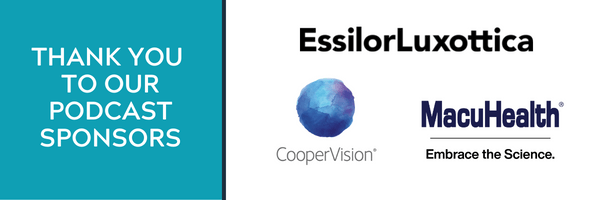

On this week’s episode of The Chris Wolfe Podcast, we delve into the intricacies of modifiers, addressing common questions and misconceptions surrounding their usage in medical billing and coding. As a vital aspect of ensuring accurate reimbursement and maintaining compliance, understanding modifiers is crucial for healthcare practitioners and billing specialists alike.
**Introduction: Clarifying the Role of Modifiers**
Chris kicks off the discussion by highlighting the significance of addressing frequently asked questions related to modifiers. With the aim of dispelling confusion and promoting clarity, he emphasizes the importance of accurate coding not only for financial reimbursement but also for ensuring defensibility during audits.
**Understanding Distinctions: XU vs. 59 Modifier**
One of the primary inquiries Chris addresses is the distinction between the XU modifier and the 59 modifier. He elucidates the underlying questions behind such inquiries and provides insights into the broader context of medical billing and coding. Emphasizing the multifaceted nature of coding accuracy, Chris underscores the necessity of mastering the fundamentals, including the use of 99 codes.
**Key Performance Indicators and Best Practices**
Chris delves into key performance indicators (KPIs) for evaluating coding accuracy, focusing on the level three to level four ratio as a metric for assessing acute care application. Additionally, he outlines a structured approach to providing comprehensive care for patients, emphasizing the integration of routine and medical services to address chronic conditions effectively.
**Navigating Complex Coding Scenarios**
Addressing specific coding scenarios, Chris elucidates the challenges associated with using modifiers like 59 and XU. Drawing upon CMS guidelines, he provides clarity on the appropriate utilization of modifiers, cautioning against attempts to circumvent coding regulations. Through practical examples and strategic recommendations, he guides listeners on navigating coding dilemmas while adhering to regulatory standards.
**Best Practices for Optimal Coding and Compliance**
Concluding the discussion, Chris offers practical solutions for handling complex coding scenarios, including the importance of patient education and informed consent. He stresses the need for healthcare practices to develop systematic approaches to coding and billing, ensuring consistency and accuracy in reimbursement processes.
**Conclusion: Empowering Healthcare Professionals Through Knowledge**
In closing, Chris reiterates the podcast’s commitment to providing valuable insights and support to healthcare professionals navigating the complexities of medical billing and coding. Encouraging listeners to reach out with questions and suggestions, he emphasizes the collaborative nature of ongoing education and professional development in the healthcare industry.
If you’re interest in learning more about billing and coding, check it out our Billing and Coding Program!

